Category: Fruits and Vegetables
-
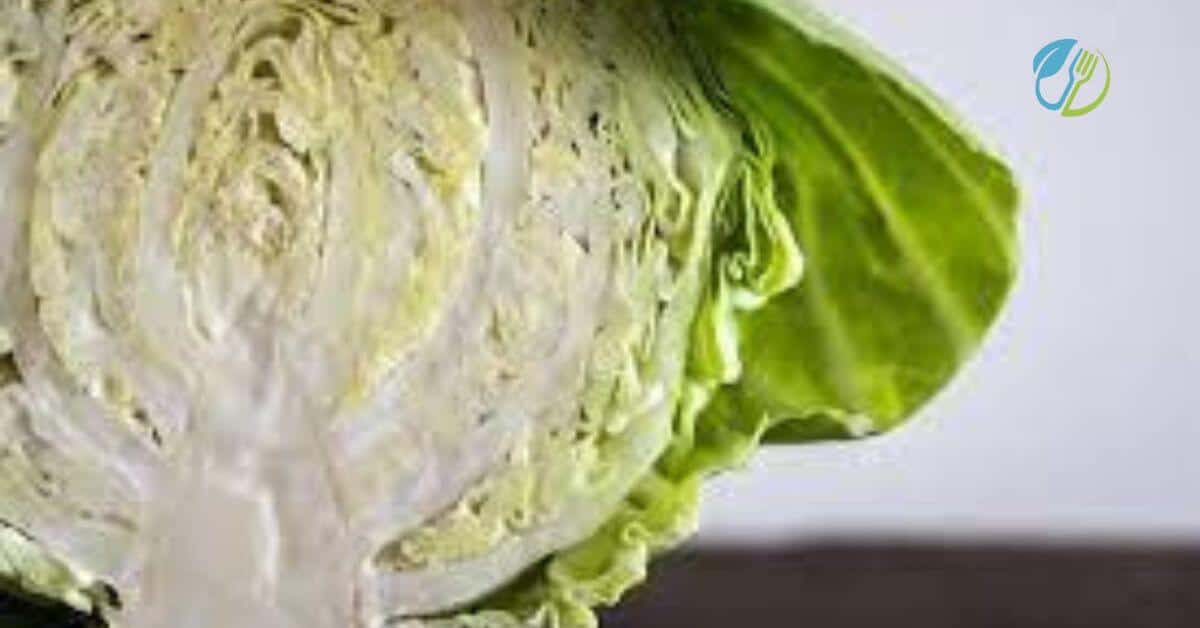
Is It Okay To Eat Cabbage Everyday?
Is it okay to eat cabbage everyday? Yes! You can eat cabbage everyday, either in its raw or cooked forms. I have been a cabbage lover for 15 years and eat it daily. I would eat a whole head of raw cabbage several times weekly as an afternoon snack or lunch. Eating cabbage every day…
-
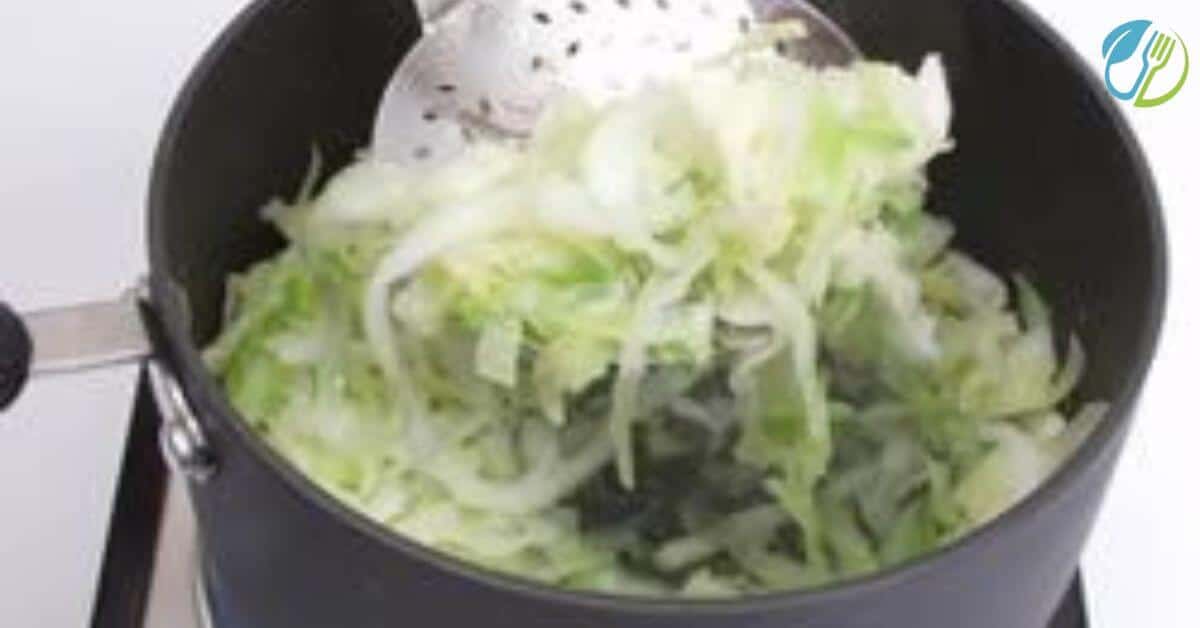
Does Cabbage Lose Nutrients When Cooked?
Most of our diets must involve cooking since it softens some food ingredients, such as fiber. But does cabbage lose nutrients when cooked? Yes, cabbage loses some nutrients when cooked; nutrients like vitamin C are lost during cooking vegetables. However, cooking cabbage can make some nutrients more accessible and easier to digest. Cooking cabbage breaks…
-
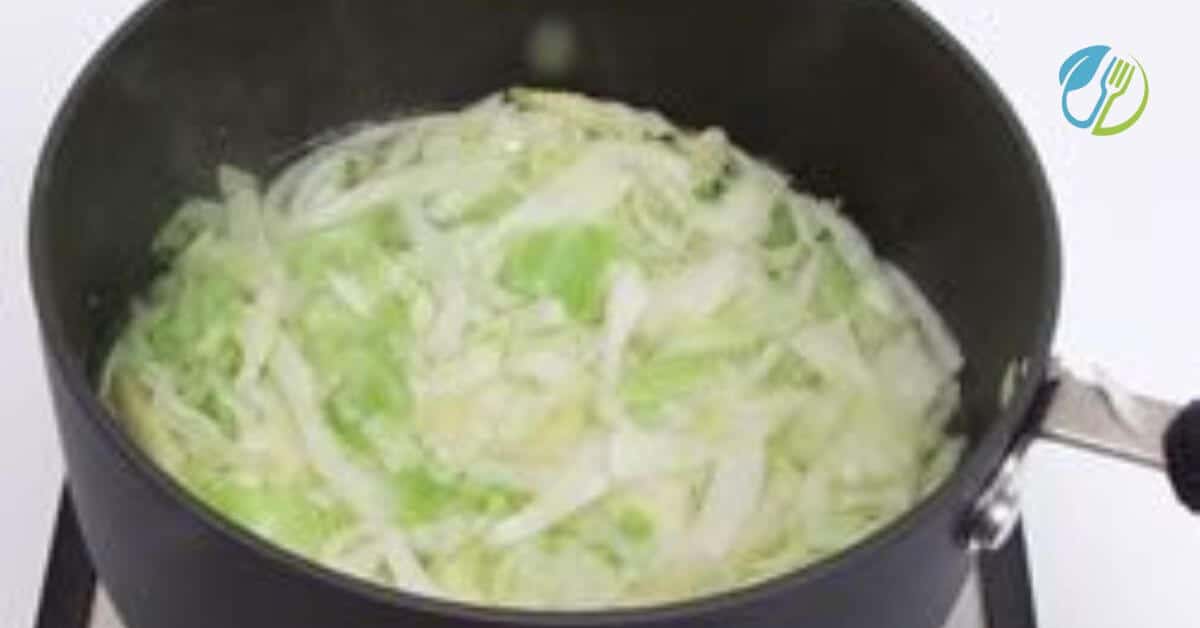
Nutritional Value Of Cooked Cabbage
Cabbage is a nutrient-dense green leafy vegetable. So, what is the “nutritional value of cooked cabbage”? The nutritional value of cooked cabbage is high, thus, making it a superfood. Cooked cabbage has a lower calorific value of 23 calories per 100 grams than raw cabbage, which has a calorific value of 25 calories per 100…
-
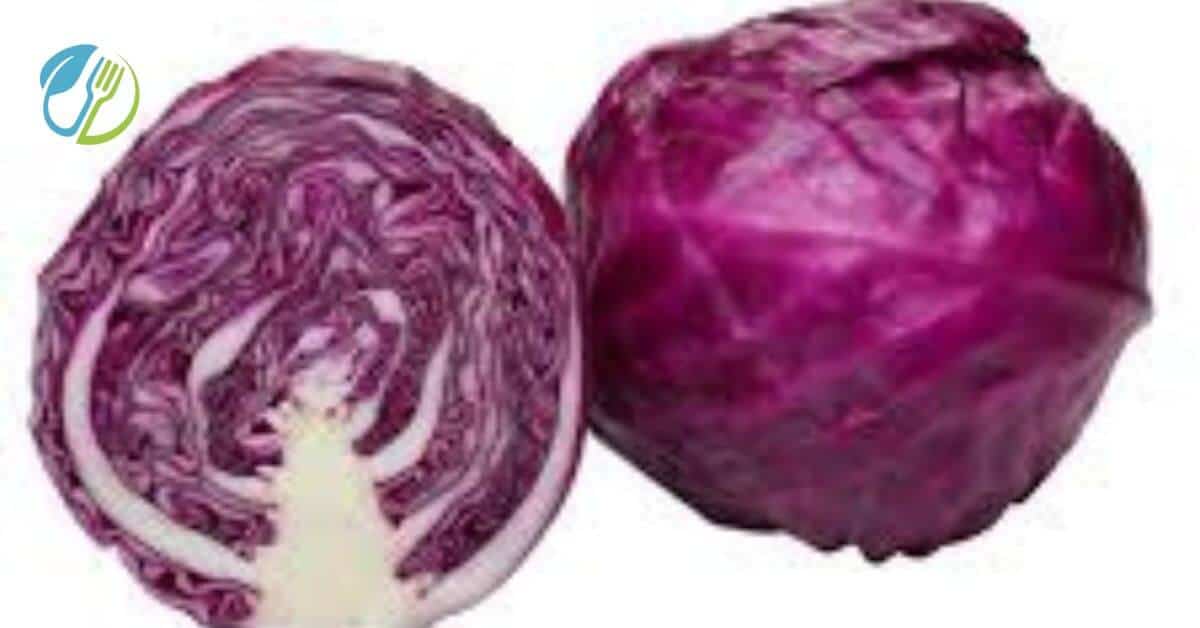
Does Red Cabbage Have Carbs?
Red cabbage is a colorful, versatile, and nutritious veggie commonly used in salads, coleslaws, and several other dishes. This question often arises regarding low-carb diets: “Does red cabbage have carbs?” Yes, red cabbage does contain carbs. The carbs in red cabbage are mainly complex. These complex carbs are broken down slowly, thus releasing energy more…
-
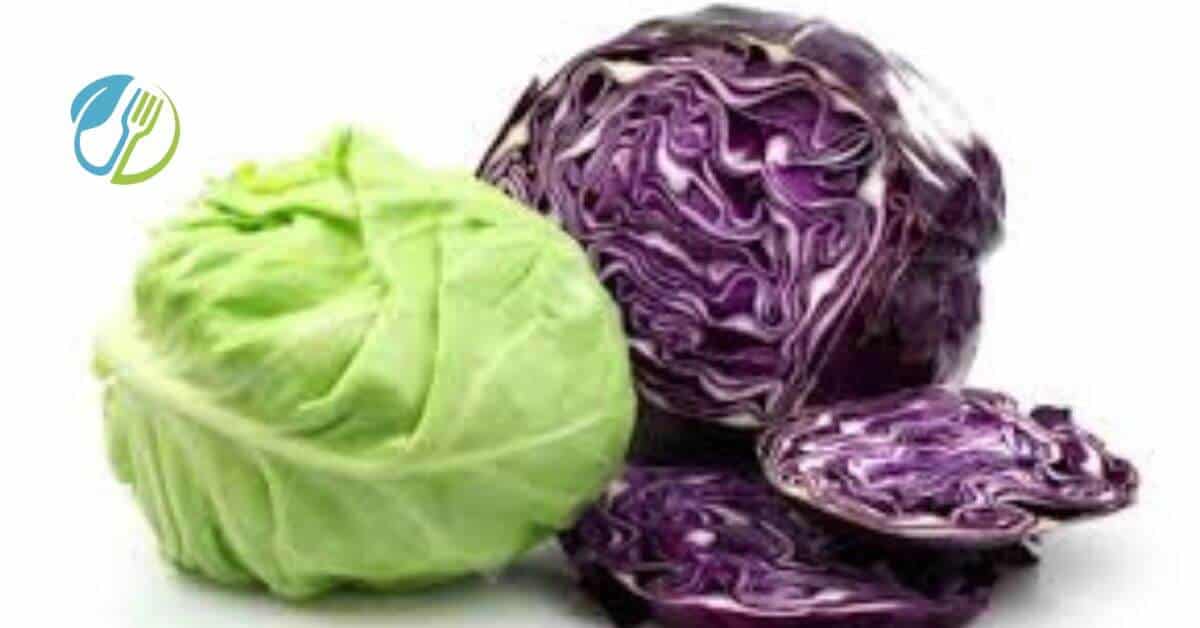
How Many Carbs Does Raw Cabbage Have?
Cabbage is a nutrient-dense and versatile veggie that can be combined with different vegetables for a delicious diet. You might wonder, “How many carbs does raw cabbage have?” The number of carbs in raw cabbage depends on the variety and serving sizes. The U.S. Department of Agriculture provides that one cup of chopped raw cabbage contains 5.2…
-
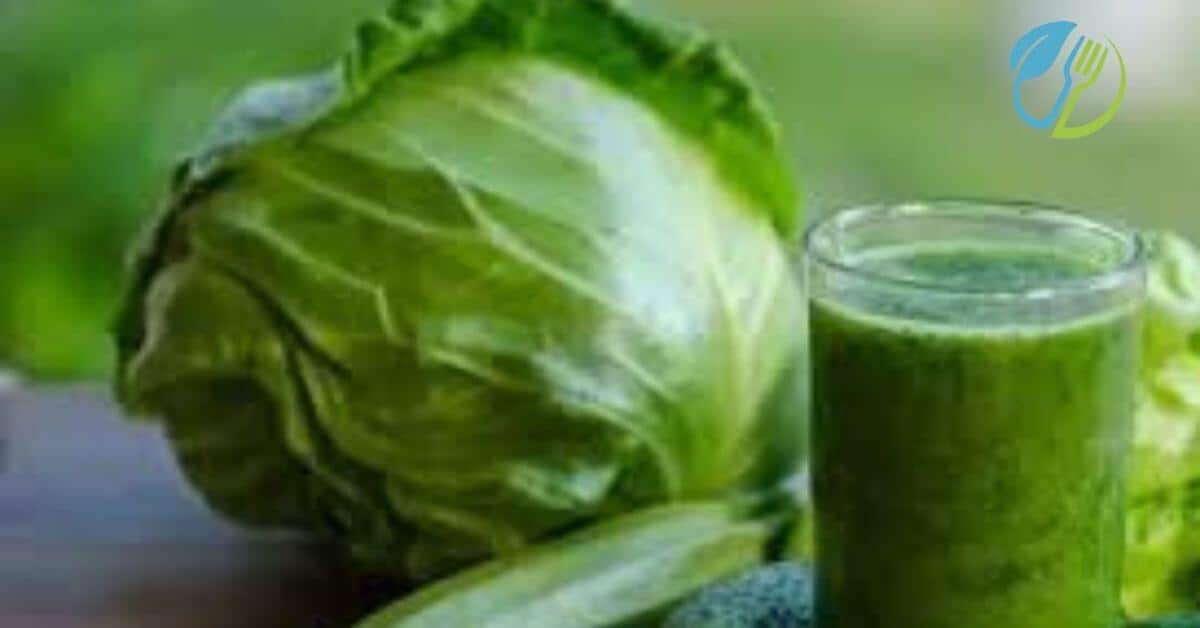
What Is Cabbage Juice Good For?
Cabbage juice is a drink that has gained tremendous popularity among other juicy drinks. What is cabbage juice good for? Cabbage juice is a nutritious drink that offers a lot of health benefits. Vitamins C and K in cabbage juice may support the immune system and lessen inflammation. Cabbage juice also contains antioxidants that protect…
-
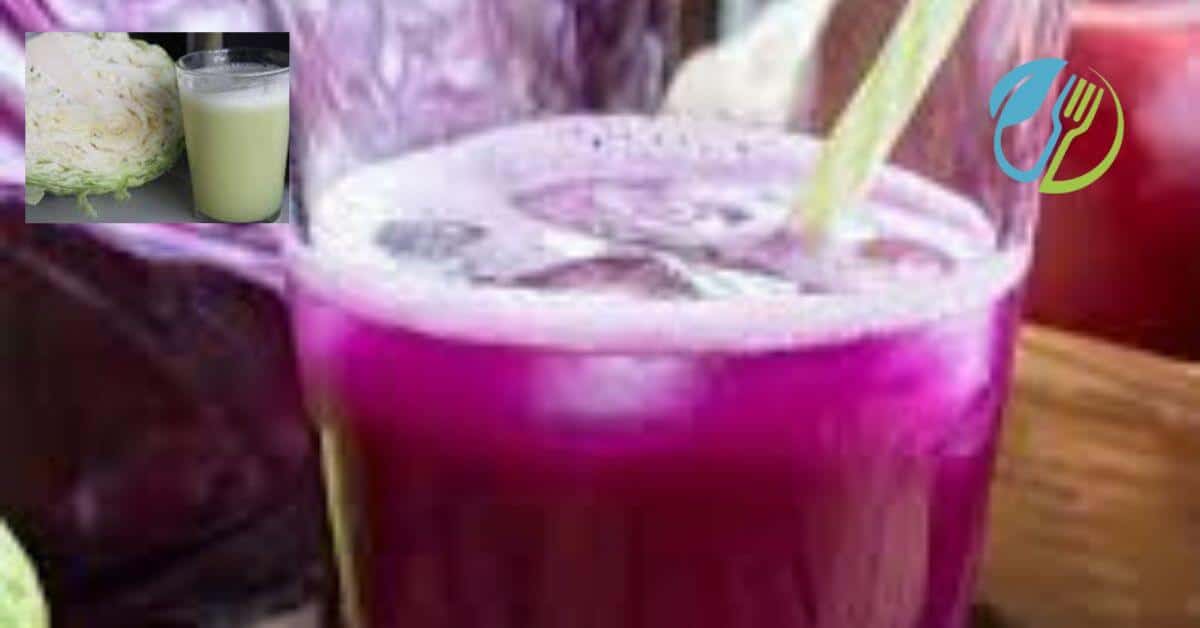
What Is Cabbage Water Good For?
Eating this vegetable is a prevalent practice, but drinking it’s water is unusual. So, finding out what cabbage water is good for cannot be out of place. Cabbage water (the water cabbage has been cooked in) contains many vital vitamins and minerals for your health. It may help heal stomach ulcers and support the digestive…
-
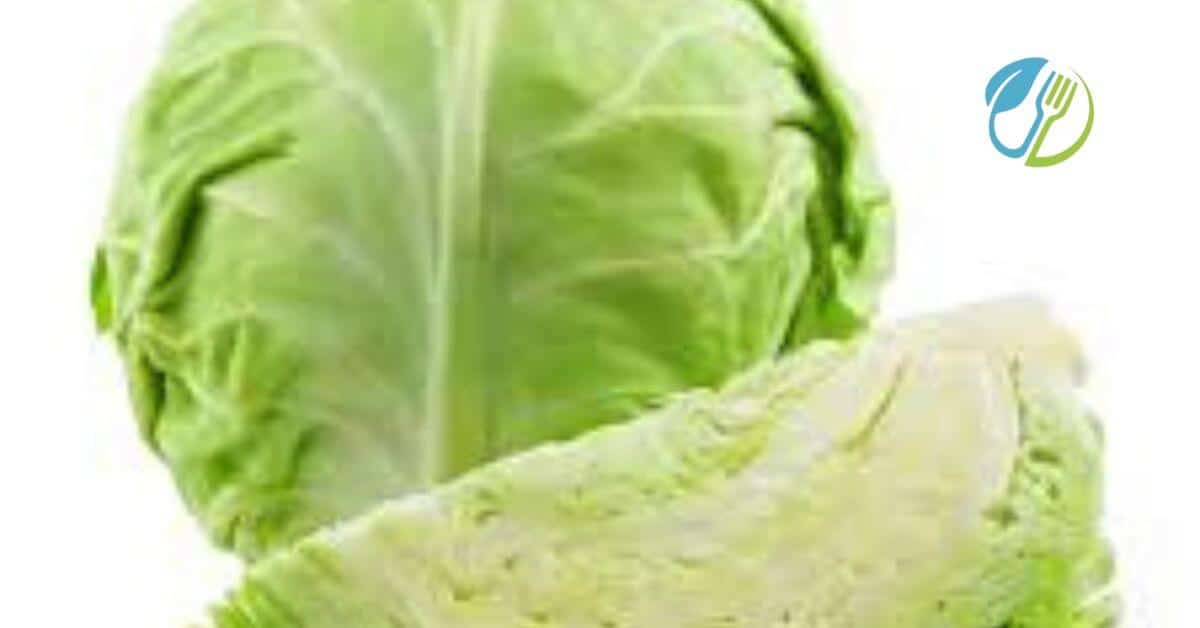
Is Cabbage Rich In Potassium?
Potassium is an essential mineral that occurs naturally in many foods. But “Is cabbage rich in potassium?” Oh, yes! Red cabbage is a rich source of potassium. Red cabbage can provide a significant amount of potassium; 2 cups (178 g) supply 9% of the daily value of potassium. Potassium-rich foods help support and regulate your heartbeat, maintain muscle…
-
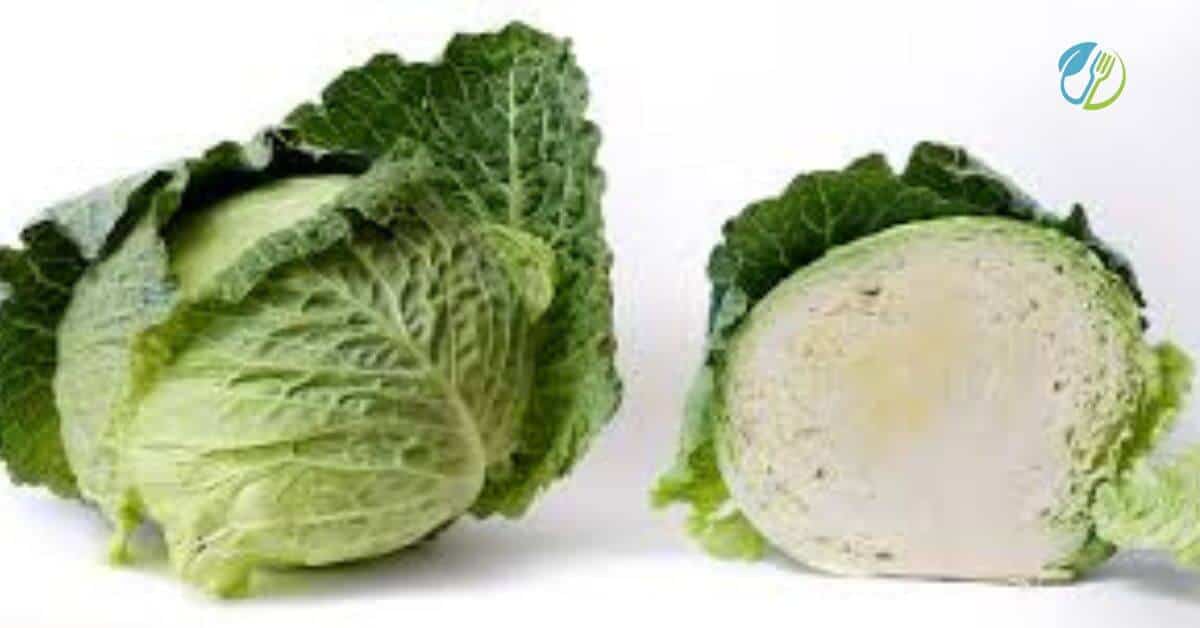
How Good Is Cabbage For You?
Cabbage may not be the most taste-appealing vegetable, but it has nutritional benefits that can make you healthy. Do you wish to know “how good is cabbage for you?” Cabbage is a nutrient-dense veggie that can support your body’s defenses and reduce your risk of getting certain cancers. This common cruciferous vegetable comes in a…
-
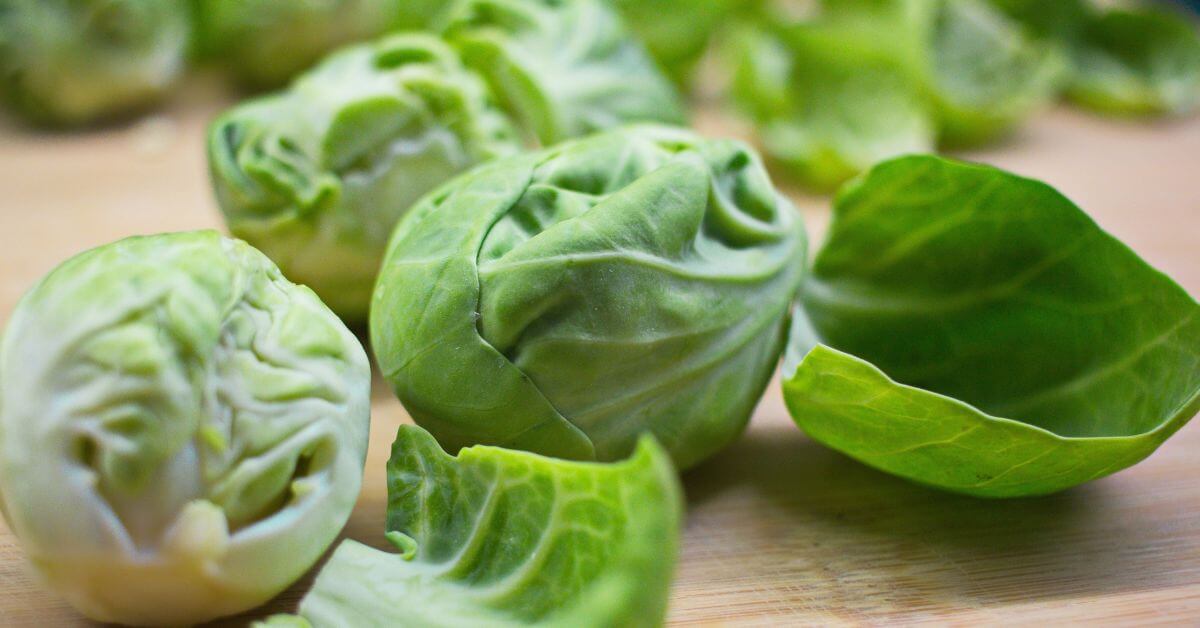
What Are The Benefits Of Eating Brussel Sprouts?
You might be curious about the benefits of eating brussel sprouts. Because it has so many nutritional benefits, eating this vegetable is full of health advantages. They are rich sources of protein, dietary fiber, vitamins, minerals, and antioxidants. Brussels sprouts are low in carbohydrates. The benefits derived from eating brussel sprouts stem from their nutritional…